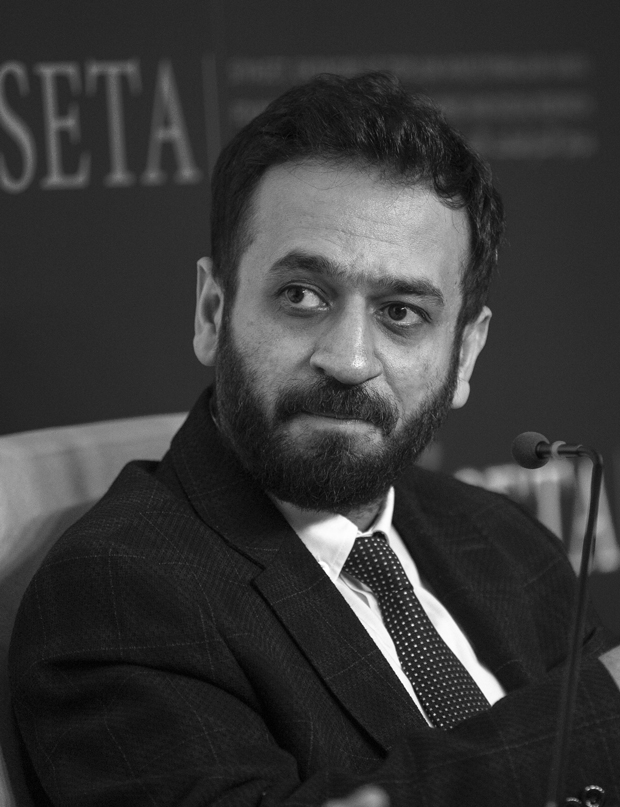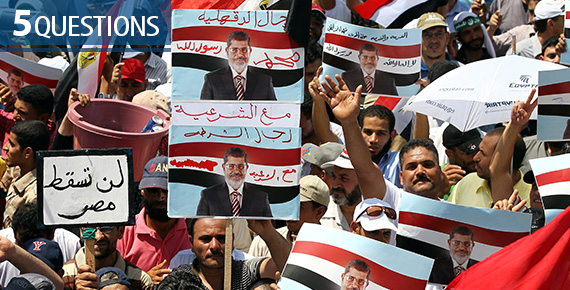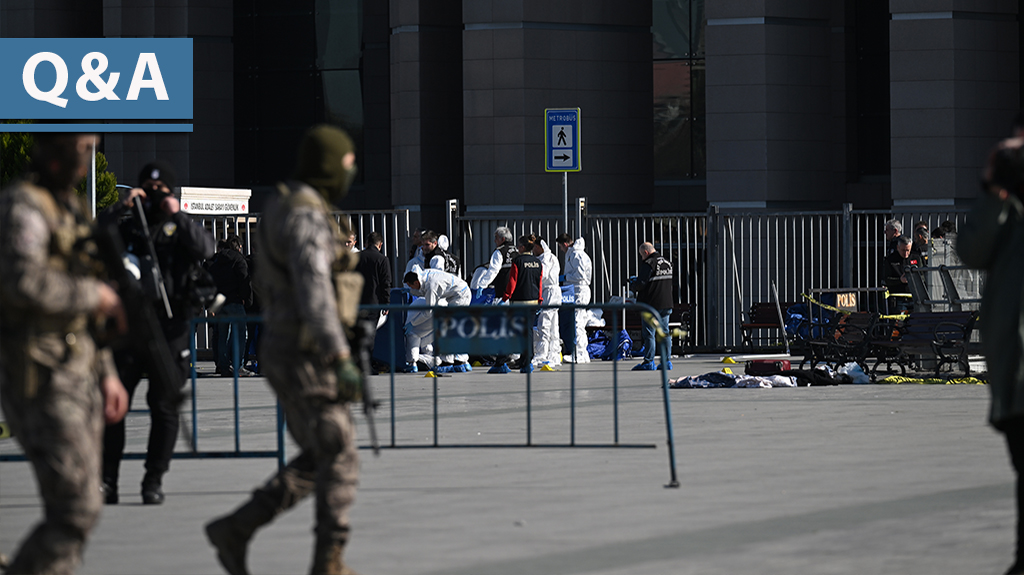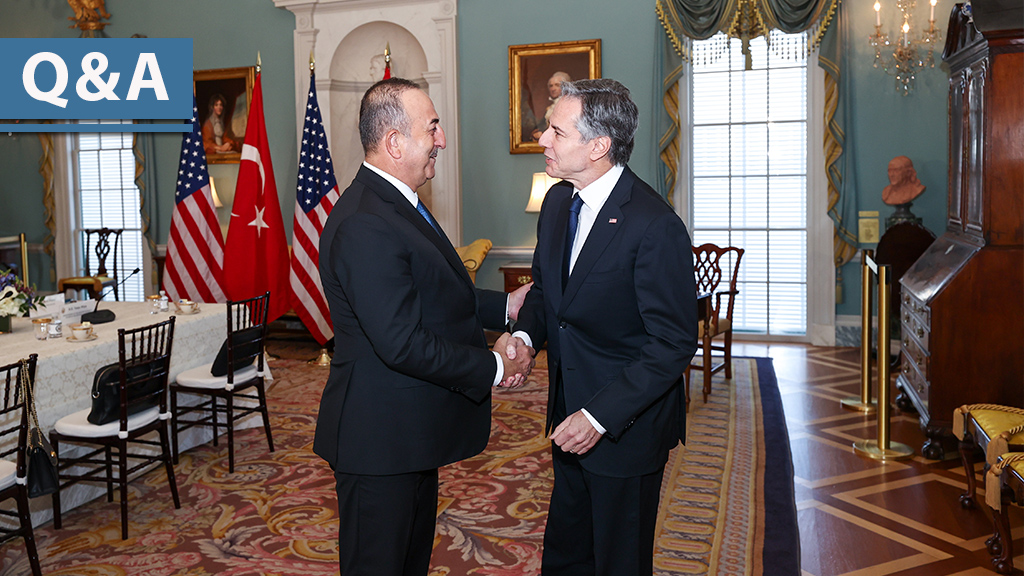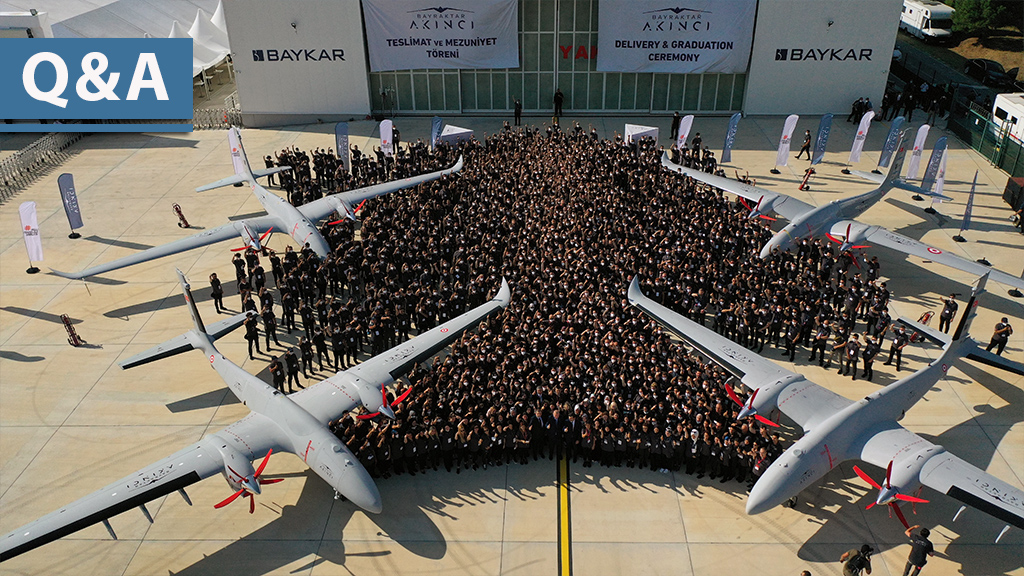1. What does the Egyptian army’s ultimatum asking reconciliation between the sides within 48 hours mean?
In Egypt, the Chief of Staff Abdel Fattah al Sisi on the state television addressed the People. He described the broad-based demonstrations as the “unprecedented” expression of the will power of the Egyptians asking President Mohammed Morsi’s resignation. Al Sisi said: “Egyptand the whole world witnessed yesterday demonstrations by the great people ofEgyptexpressing their opinion in an unprecedented, peaceful and civilized way. As a main party in the considerations of the future and based on their patriotic and historic responsibilities to protect security and stability, the Armed Forces repeat their call for the people's demands to be met and give everyone 48 hours as a last chance to shoulder the burden of the historic moment that is happening in the nation, which will not forgive or tolerate any party that is lax in shouldering its responsibility. The Armed Forces put everyone on notice that if the demands of the people are not realized in the given time period, it will be obliged by its patriotic and historic responsibilities...” The General also added that the army will announce a road map at the end of the 48-hour frame.
Although there have many speculations about what this road map would be, the military’s statement is clearly an ultimatum. Reconciliation of the parties, at this point, means either the resignation of President Morsi or an early election for the presidency.
2. How did the parties take the statement?
The anti-Morsi protestors cheered following the statement as the military helicopters simultaneously hovering over the Tahrir Square flew with the Egyptian flags; the atmosphere was like a coup celebration in the capital Cairo. Organizers of the “Tamarrud Revolt” campaign have welcomed the army’s ultimatum, as the administrators of the anti-Morsi the National Liberation Front have taken different positions. Some names such as Hamdin Sabbahi saluting the army said the military did its duty while some others asserted that the army should not intervene in politics. These individuals, however, did not hesitate to accuse President Morsi and the Muslim Brotherhood (Ihkwan) of inviting the military to intervene. It was of course a paradox when the opponent front saluted the army yet demanded democracy and freedom while accusing Morsi of being autocratic although he was the first president ofEgyptelected by the people.
President Morsi, the Muslim Brotherhood and his other supporters such as Islamic movements evaluated the situation rather calmly. After a while, Morsi and the Muslim Brotherhood trying not to confront the military said that they will not agree to the intervention, and called their own supporters to the streets in order to back Morsi. The President conferred with General al Sisi. Afterwards, the army issued a new statement denying warning of a coup. Whether the army steps back or it has created a larger maneuvering space is not clear yet.
3. How was the international reaction to the ultimatum?
As of now, the international reactions to the Egyptian army’s statement have remained quite weak. The Western states, in particular, which are sensitive about democratic and civilian politics, have not given any negative reaction to the ultimatum. On the contrary, theUSPresident Barack Obama called for Morsi to lend an ear to people’s demands; in this sense, his call put pressure on Morsi. Again, the Western think-tanks, posing as the guardians of democracy and freedoms, have not yet shown any reaction. Their attitudes reflect that the demands of secular and liberal opposition, who applaud intervention of the army, are legitimate.
Elsewhere, the Gulf countries concerned about a strong Ihkwan rulership maintain their political and economic support to the opponents and see the Egyptian army’s ultimatum as a positive development. The Gulf media, exce
